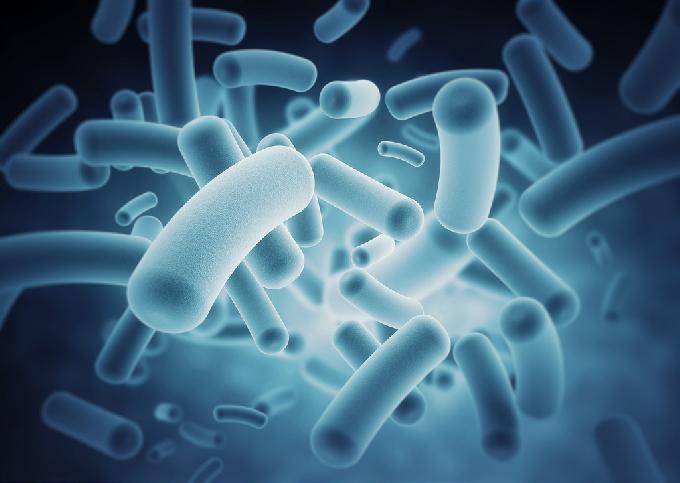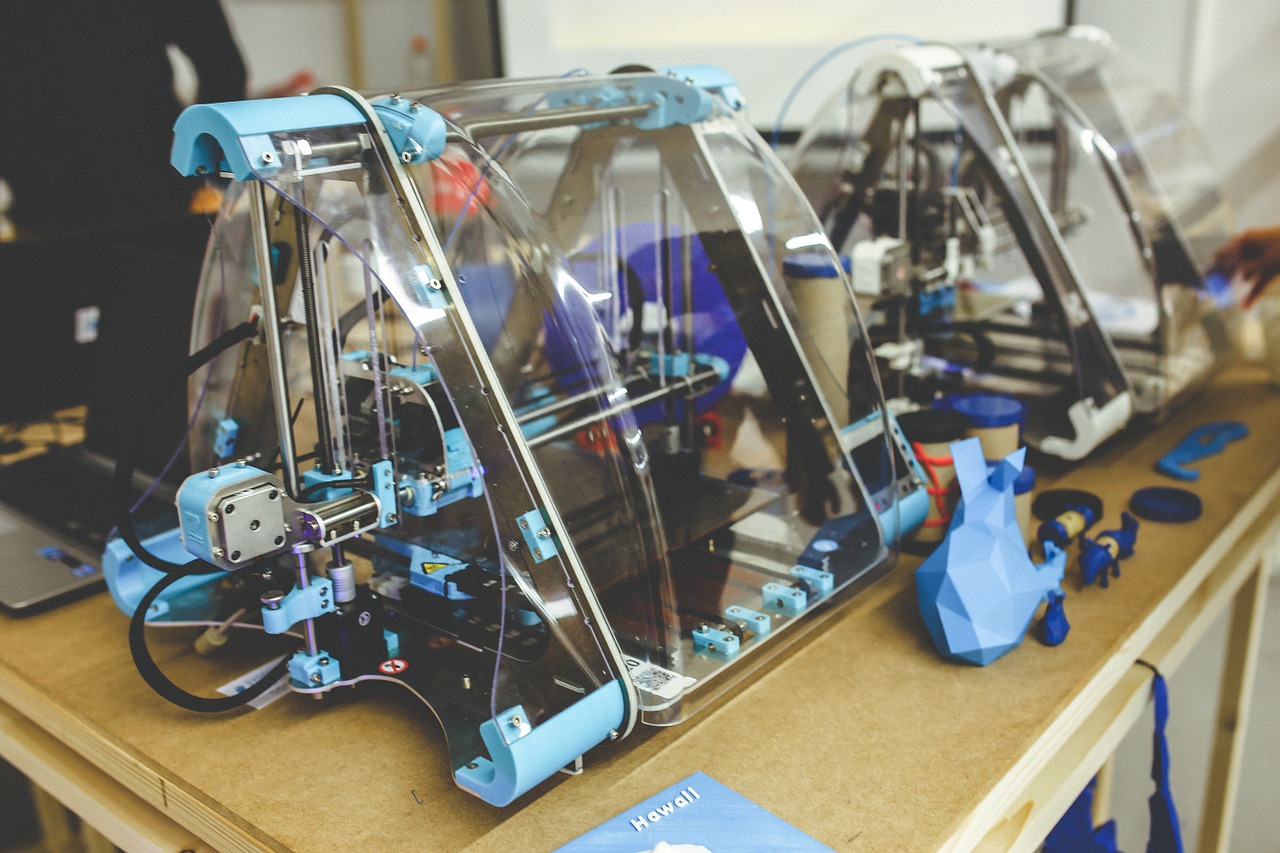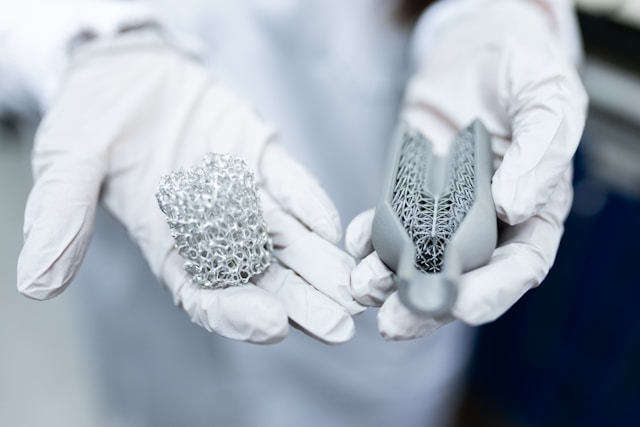Hormone therapy for prostate cancer is also known as androgen deprivation therapy. Hormone therapies inhibit the growth of male hormones called androgens in the body. However, prostate cancer eventually develops resistance to hormone therapy.
Now, a study has revealed that how gut bacteria can contribute to the growth of prostate cancer and help dodge the effects of hormone therapy.
A group of researchers from The Institute of Cancer Research, London, the Institute of Oncology Research in Bellinzona, Switzerland, and the Swiss Federal Institute of Technology used mice and patient samples to observe the role of gut bacteria in the growth and progression of prostate cancer.
Published in the journal Science, the study was funded by the Prostate Cancer Foundation- Movember, Prostate Cancer UK, Cancer Research UK, and The John Black Charitable Foundation.
The researchers suggest antibiotics could be used to temporarily deplete populations of gut bacteria known to produce androgens. But Johann de Bono, a researcher working on the study says the ultimate outcome would be a probiotic or fecal transplant accompanying ADT to counteract any problematic bacterial species.
“In the long-term, our aim would be to produce a ‘yogurt’ enriched with favorable bacteria to prevent resistance to treatment,” says de Bono.
The findings could provide new opportunities for the treatment of prostate cancer in the future.







